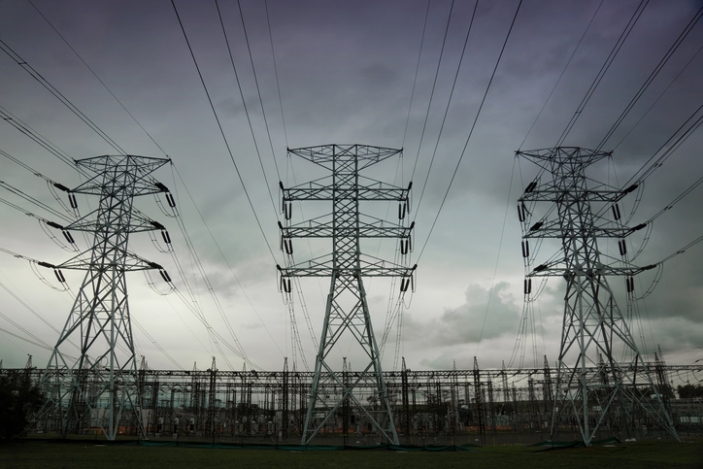
Commercial and industrial (C&I) businesses in the UK are to be offered free energy storage services from Omnio, a new firm set up to address the ‘overlooked’ market of small, distributed energy users.
The company has been set up within the business of British Solar Renewables (BSR), one of the UK's biggest developers by Chris Curry, Omnio’s founder and managing director, to address low voltage businesses with energy demand across a number of sites.
Enjoy 12 months of exclusive analysis
- Regular insight and analysis of the industry’s biggest developments
- In-depth interviews with the industry’s leading figures
- Annual digital subscription to the PV Tech Power journal
- Discounts on Solar Media’s portfolio of events, in-person and virtual
Omnio’s engineering team will work with host businesses’ site management team to install batteries free of charge at proposed sites. These will then provide a peak shifting service and charge when energy prices are low before discharging when they are at their peak to generate savings across the business.
Omnio will then use the installs to provide ancillary services to the grid to create revenue and fund the fleet of 50kW energy storage devices.
While a number of existing storage business models provide similar offers, Curry explained to our sister site Clean Energy News that Omnio is seeking to address potential partners with shorter term needs.
“There are lots of people doing that behind the meter but they tend to focus on the larger scale sites, understandably because that's where the big opportunity is and you can have more reliance on the balance sheets and the tenure.
“What Omnio is doing is looking to help distributed energy users, companies who probably use just as much energy as those large companies but distributed over 50-100 sites. Large retail, hotels, restaurants, those sorts of things, who have a shorter site tenure of something like five to ten years. Often our industry overlooks them a little.
“We're not necessarily seeking short leases, we're just not afraid of it in the way people building big expensive bespoke batteries are because ultimately if the customer decides to leave they have a big expensive stranded asset. In our case, because all of our batteries are the same, if they leave we can go and pick them up and redeploy them elsewhere.”
Peak shifting is main priority for the 50kW systems
A lithium-ion battery supplier has been selected, although Curry was unable to reveal who as terms are still being agreed. Omnio will also work with a third party aggregator to provide the virtual power plant services across the portfolio.
This partner will be responsible for ensuring the host businesses benefit from the peak shifting offer and are prioritised over the ancillary services offered by Omnio to the grid.
“We're very clear about how we carve out the day, we'll always be available. It's always the host businesses’ meter and their premises, their window has to be the priority. So whichever their DNO (distribution network operator) is, whenever their peak rate period is, we're going to have to be available to them and then we work out our revenues around the edge of that,” Curry explained.
Curry added that the benefits of Omnio’s offer will be felt most during winter months when peak energy pricing reaches its highest during Triad periods (a means of calculating peak demand periods for industrial electricity users in the UK), despite ongoing reforms being considered by the country's regulator, Ofgem.
“There’re no plans to remove demand Triad and in fact it will continue to inflate, so it will be there as a cost to avoid for the host businesses for the next five or six years and we can help [them] continue to avoid that,” Curry added.
“Even if they do remove it, there continues to be a strong argument that there'll always be time of use pricing on the demand side for these C&I customers. The grid can't afford not to disincentivise industrial users from using energy at that time, they'll have to find a new mechanism so we're pretty confident we'll always be able to help them save energy costs.






